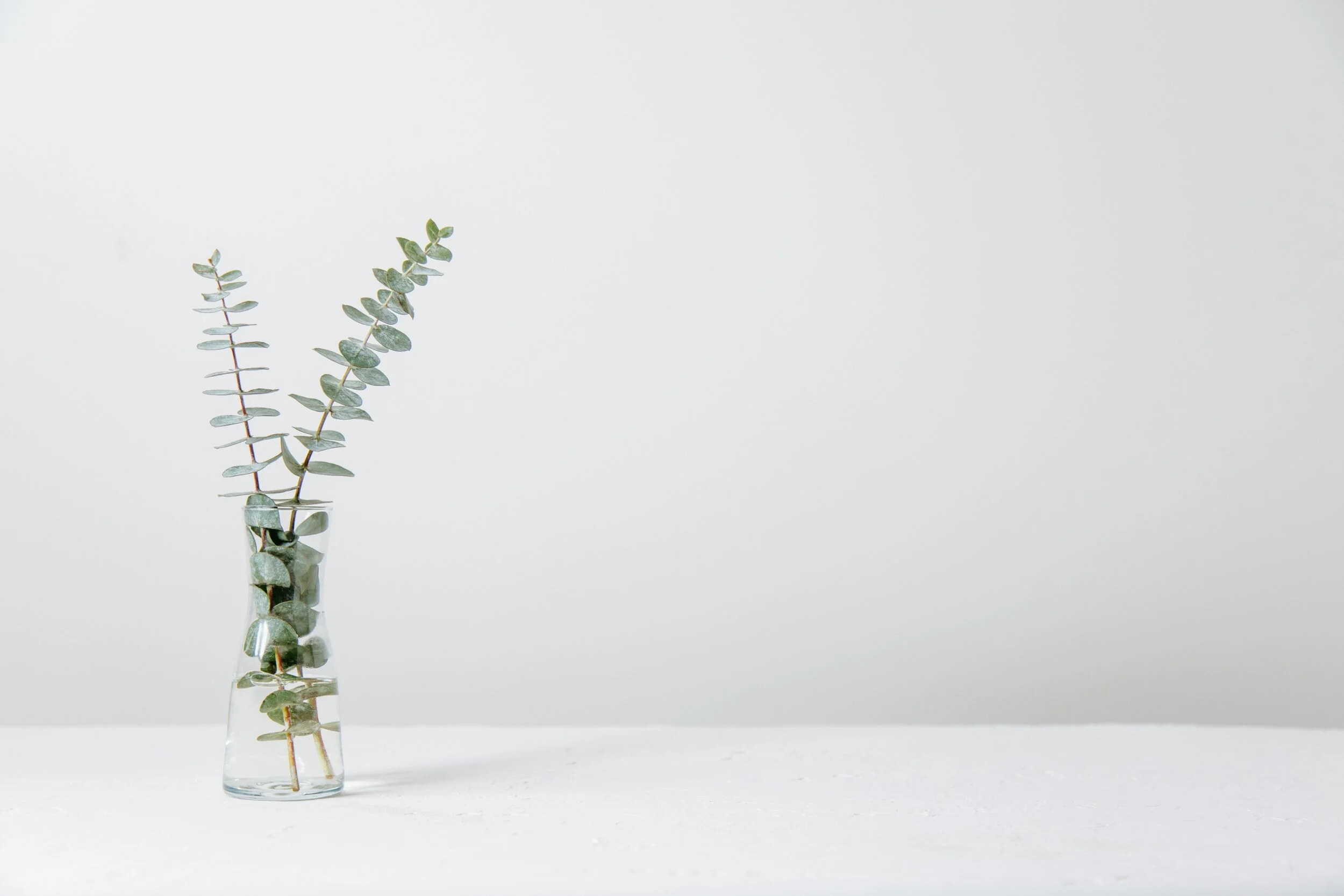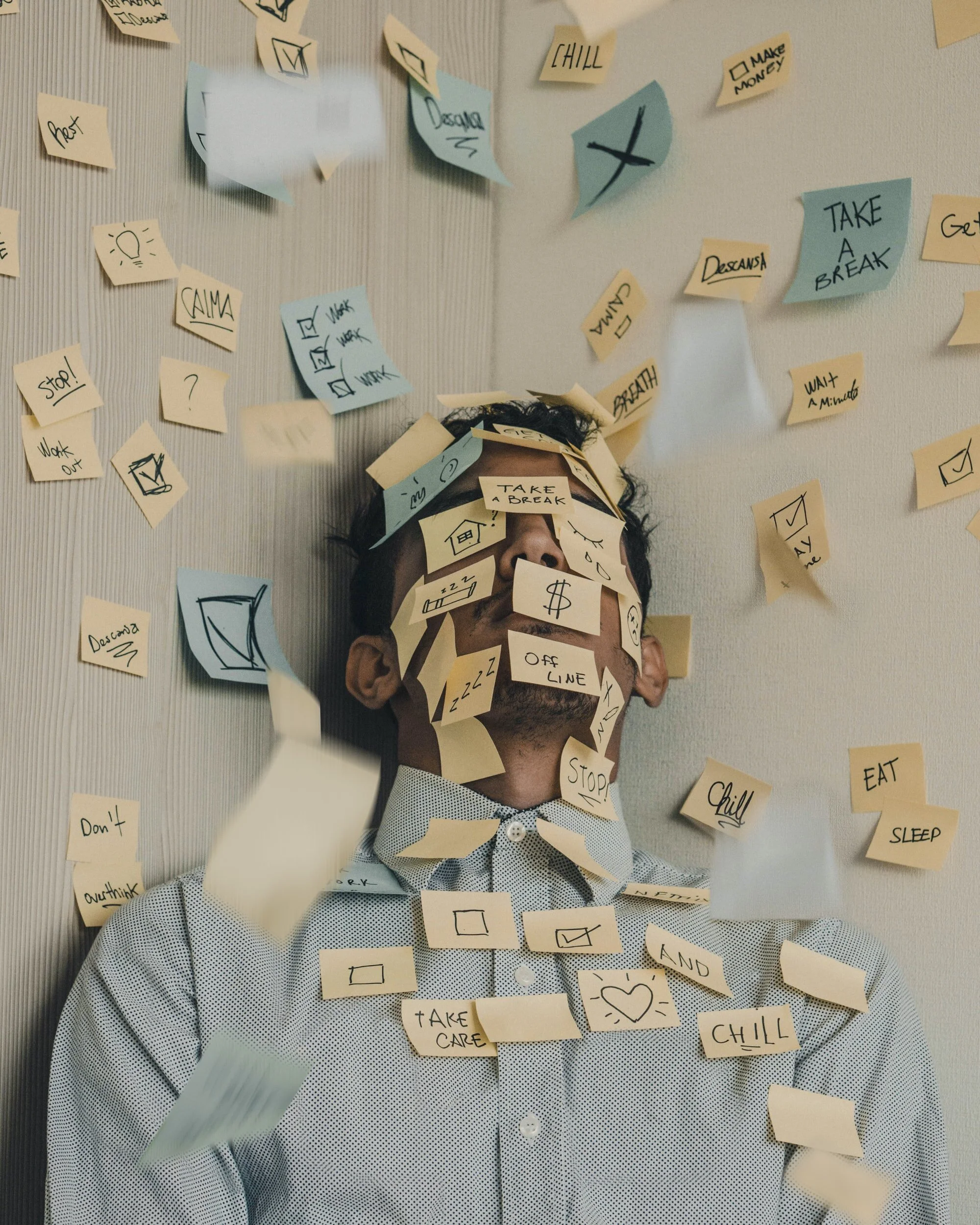Earlier this month I got a call from Bloomberg News looking to discuss how to better take vacation. That’s right - while it may come as no surprise, it is certainly worth taking pause to note just how much many of us have lost the art of taking a truly effective vacation. Instead, if we’re not already shortchanging the time off we give ourselves, many of us go out on our vacations so mired in guilt in anxiety that we rob ourselves of the very chance to recharge that vacation is meant to give us in the first place.
You can read the short piece on Bloomberg here, and, as summer is just around the corner, I thought I’d take the opportunity to share a few more ideas that may help you take back your own vacation below…





















